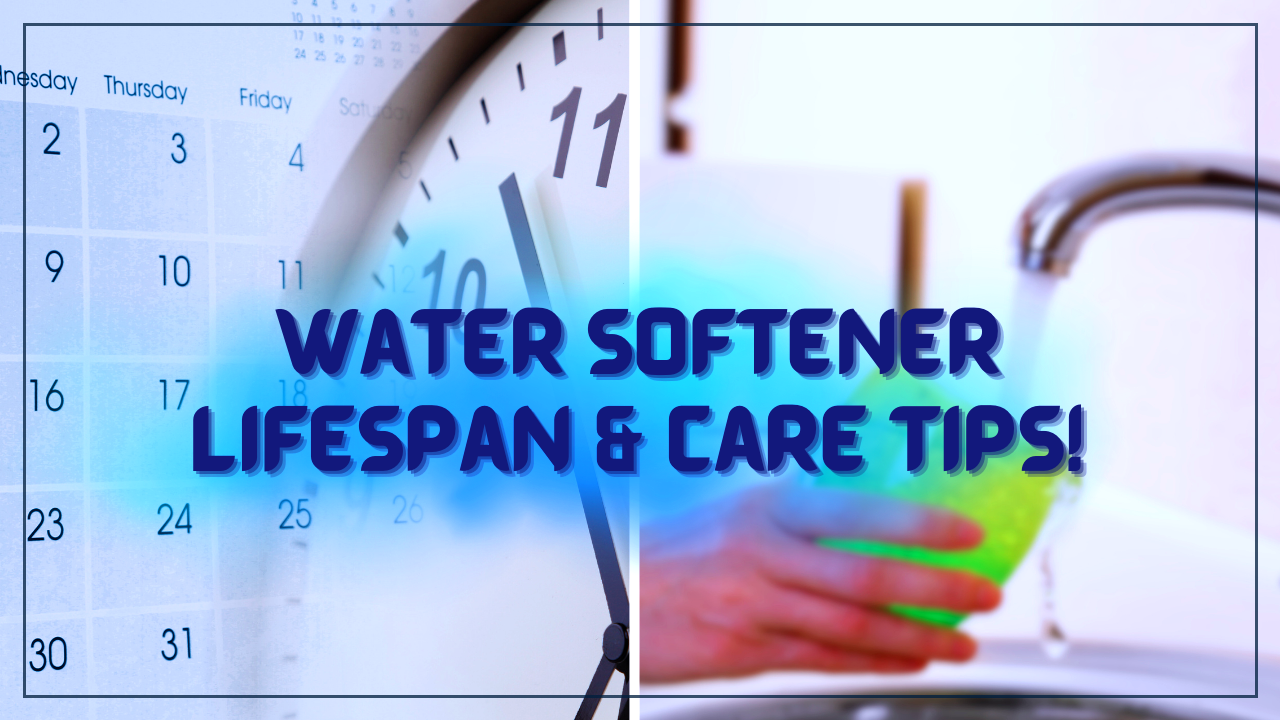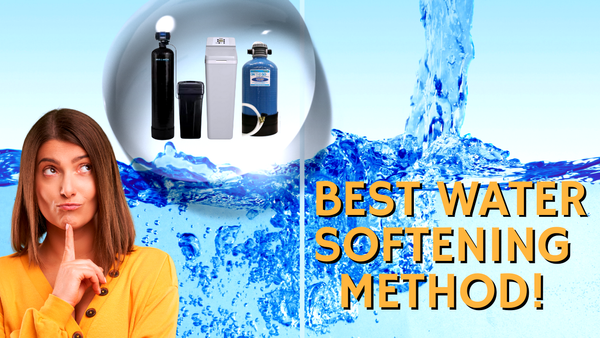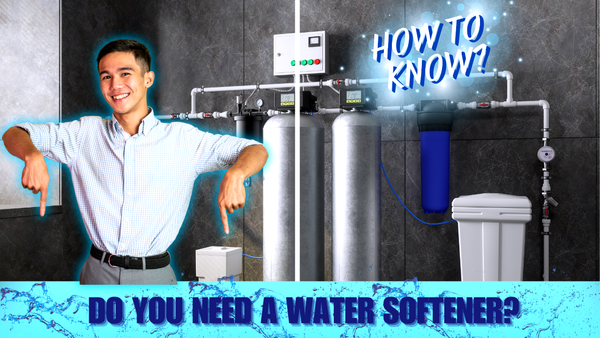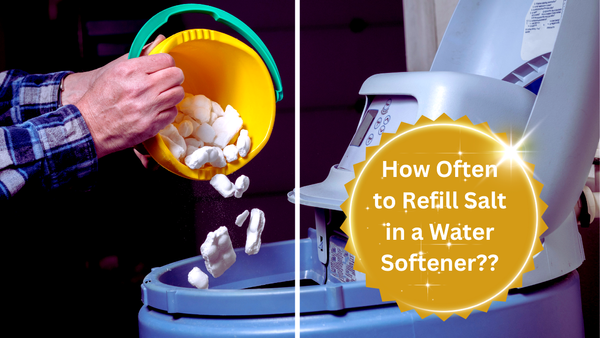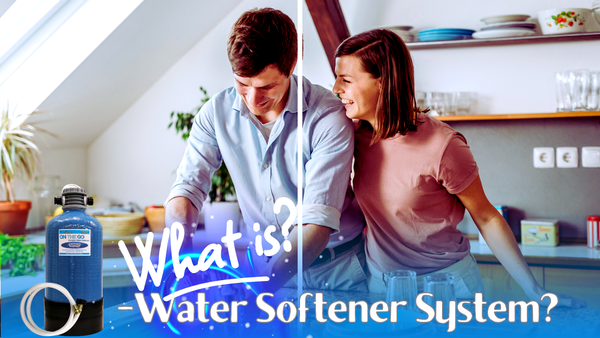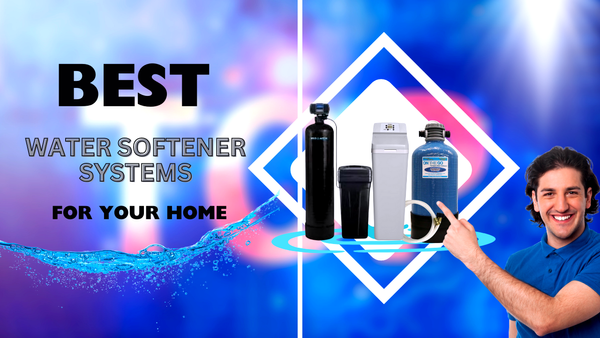Key Takeaways:
- Typical Lifespan: Water softeners generally last between 10 to 15 years.
- Maintenance Matters: Regular maintenance can extend the lifespan of your water-softening system.
- Signs of Replacement: Consider common signs like reduced water pressure and crusty buildup.
Water softeners are essential for homes with hard water, which contains high levels of calcium and magnesium. These minerals can cause various issues, from crusty buildup on plumbing fixtures to stiff clothes and dry skin. A water softening system removes these minerals, providing gentler, softened water on your home’s water-using appliances and plumbing.
The water softening involves exchanging calcium and magnesium ions with sodium or potassium ions. This exchange happens in the resin tank, which needs to be regenerated periodically using a salt-filled brine tank. This process's efficiency can significantly impact your water softener's lifespan.
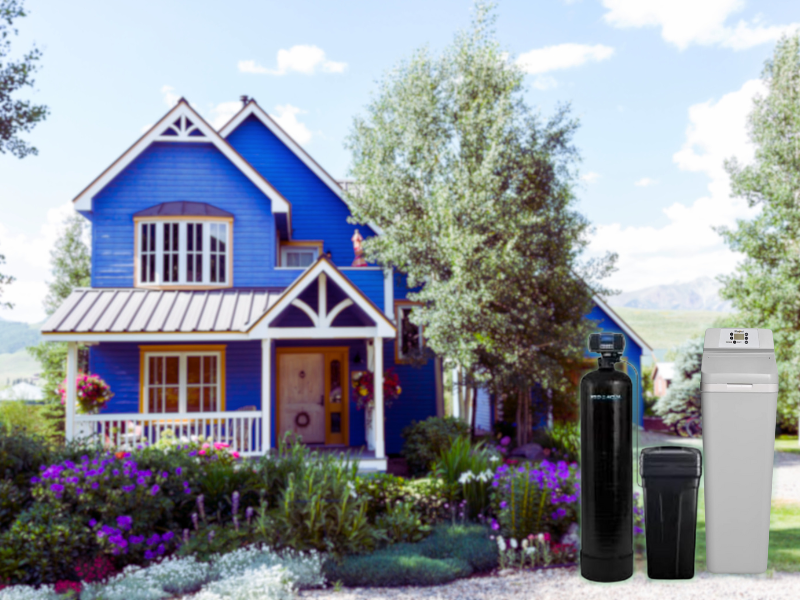
Typical Lifespan of a Water Softener
So, how long does a water softener last? On average, a water softener system can last between 10 to 15 years. However, this lifespan can vary based on several factors, including the quality of the water softener, the hardness of the water, and how well the system is maintained.
More efficient water softeners, which use less salt and water during the regeneration process, tend to have a longer lifespan. Regular maintenance, such as adding salt to the brine tank and cleaning the resin tank, can also help extend the life of your water-softening unit.
Factors Affecting Lifespan
The hardness of your water plays a significant role in determining how long your water softener will last. Homes with extremely hard water may find that their water-softening system needs to be replaced more frequently due to the increased mineral content that the system has to handle.
Another factor is the quality of the water softener itself. High-quality, efficient water softeners are designed to last longer and require less maintenance. Investing in a good water softener can save you money in the long run by reducing the need for frequent replacements.
Maintenance Tips for Longevity
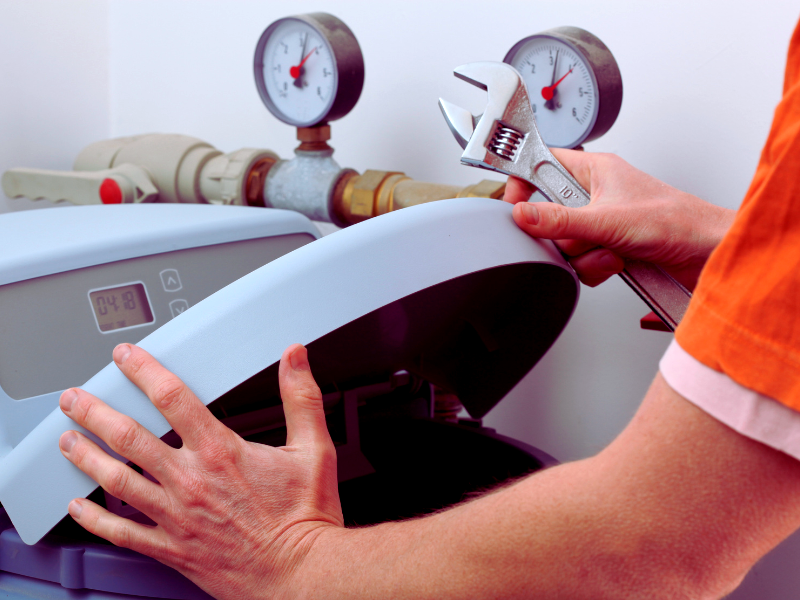
Regular maintenance is crucial for ensuring that your water softener is working correctly and lasts as long as possible. One of the most important maintenance tasks is to regularly add salt to the brine tank. Without enough salt, the water softening process cannot occur, leading to hard water issues.
It’s also essential to clean the resin tank periodically to remove any buildup of minerals. This can help maintain the efficiency of the water softening process and prevent issues like reduced water pressure and crusty buildup on plumbing fixtures.
Common Signs Your Water Softener Needs Replacement
There are several telltale signs that your water softener may need to be replaced. One common sign is a noticeable decrease in water pressure. This can indicate that the resin tank is clogged with mineral deposits and is no longer functioning properly.
Another sign is the presence of crusty buildup on your plumbing fixtures and appliances. This can indicate that the water softening process is not working correctly and that hard water minerals are making their way into your water supply.
Impact on Water Quality and Taste

A water softener not only improves the quality of your water but also enhances its taste. Softened water is free from the minerals that cause hard water, resulting in better-tasting drinking water. If you notice that your water tastes different or has an unusual odor, it may be a sign that your water softener is not working properly and needs to be replaced.
Additionally, softened water can improve the effectiveness of soap and detergents, making it easier to lather and clean. If you find that your soap is not lathering as well as it used to, it could be a sign that your water softener is not functioning correctly.
Environmental and Energy Benefits

Using a water softener can also have environmental and energy benefits. Softened water reduces the amount of soap and detergent needed for cleaning, which can help reduce the number of chemicals released into the environment. Additionally, water softeners can help reduce energy usage by preventing mineral buildup in water-using appliances, making them more efficient.
For example, a water heater with mineral buildup has to work harder to heat water, leading to increased energy usage. Using a water softener can prevent this buildup and reduce your energy bills.
When to Replace Your Water Softener
Knowing when to replace your water softener is crucial for maintaining good water quality in your home. If your water softener is over ten years old and you’re experiencing issues like reduced water pressure, crusty buildup, or changes in water taste, it may be time to replace your system.
Replacing your water softener can improve the efficiency of your water-using appliances, reduce energy usage, and enhance the quality of your drinking water. Investing in a new, more efficient water softener can provide long-term benefits for your home and the environment.
Choosing a New Water Softener
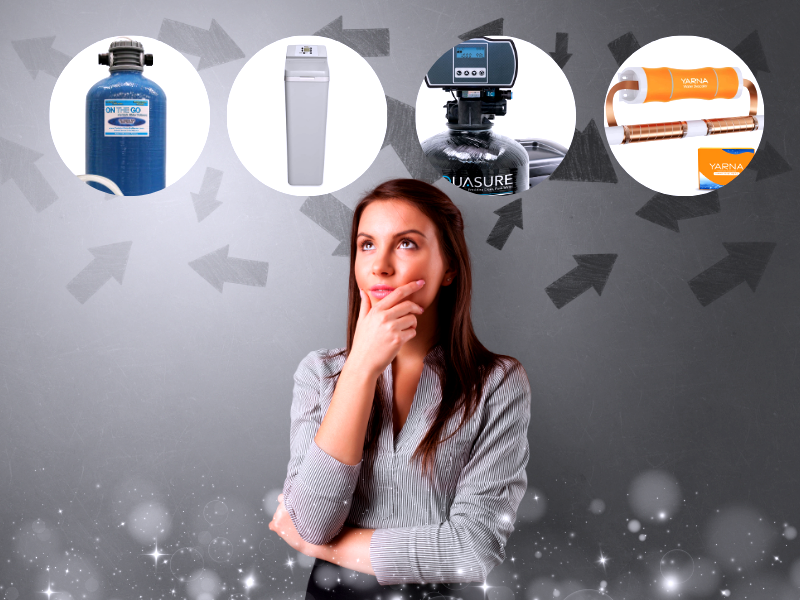
When it’s time to replace your water softener, choosing a system that meets your needs is essential. Consider factors like the hardness of your water, the size of your household, and your budget. More efficient water softeners can save you money on salt and water usage, making them a cost-effective choice in the long run.
It’s also important to choose a reputable brand and have your new water softener installed by a professional. Proper installation can ensure that your system works correctly and lasts as long as possible.
Summary
Water softeners are a valuable addition to any home with hard water, providing numerous benefits from improved water quality to reduced energy usage. On average, a water softener lasts 10 to 15 years, but this can vary based on factors like water hardness and maintenance. Regular maintenance, such as adding salt to the brine tank and cleaning the resin tank, can help extend the lifespan of your water-softening system. If you notice signs like reduced water pressure or crusty buildup, replacing your water softener with a more efficient model may be time. To keep up with the latest water filter tips and offers, subscribe to our newsletter today!
FAQ
How often should I add salt to my water softener?
You should check the salt level in your brine tank at least once a month and add salt as needed. The frequency can vary depending on your water usage and hardness.
Can I use my water softener with well water?
Yes, water softeners can be used with well water. However, a pre-filter may be needed to remove sediment and other impurities before the water enters the softening system.
What are the benefits of using a water softener?
Using a water softener can improve water quality, enhance the taste of drinking water, reduce energy usage, and extend the lifespan of water-using appliances by preventing mineral buildup
